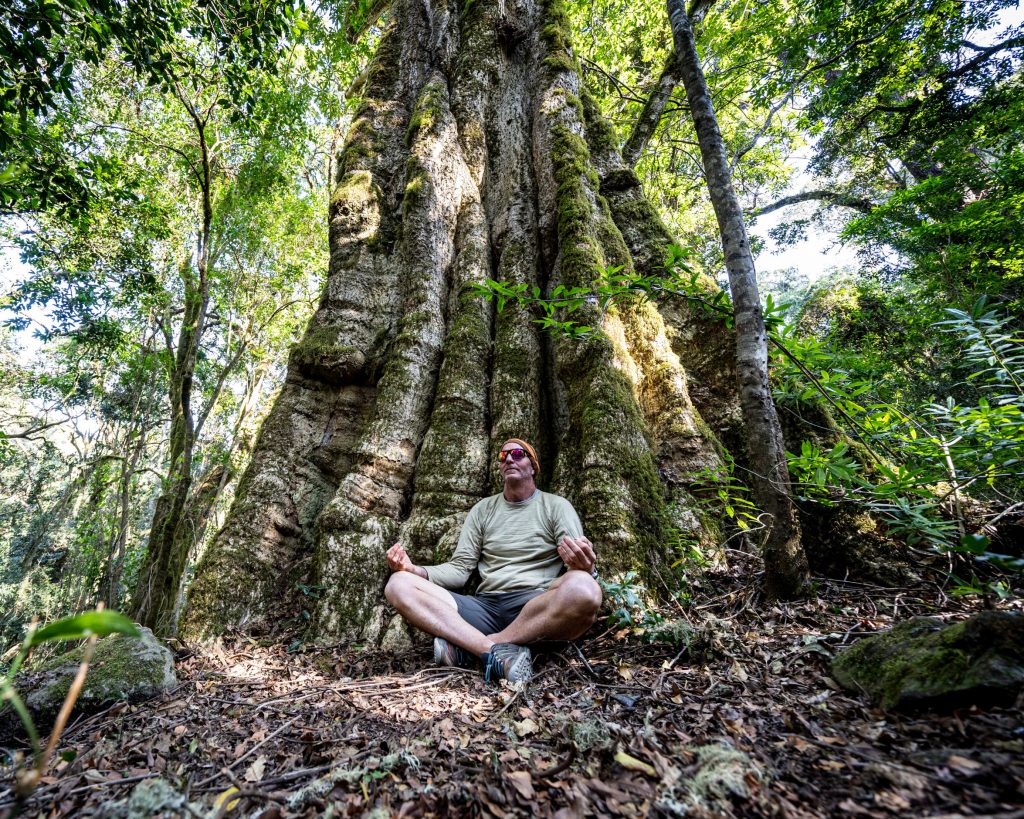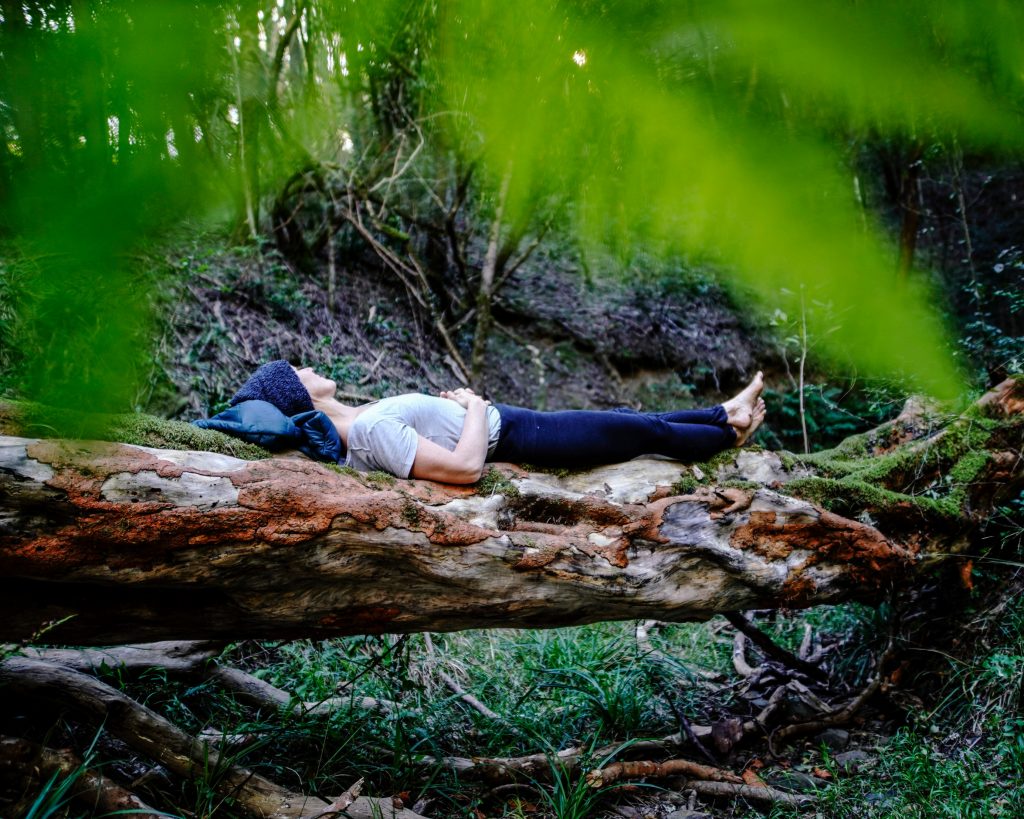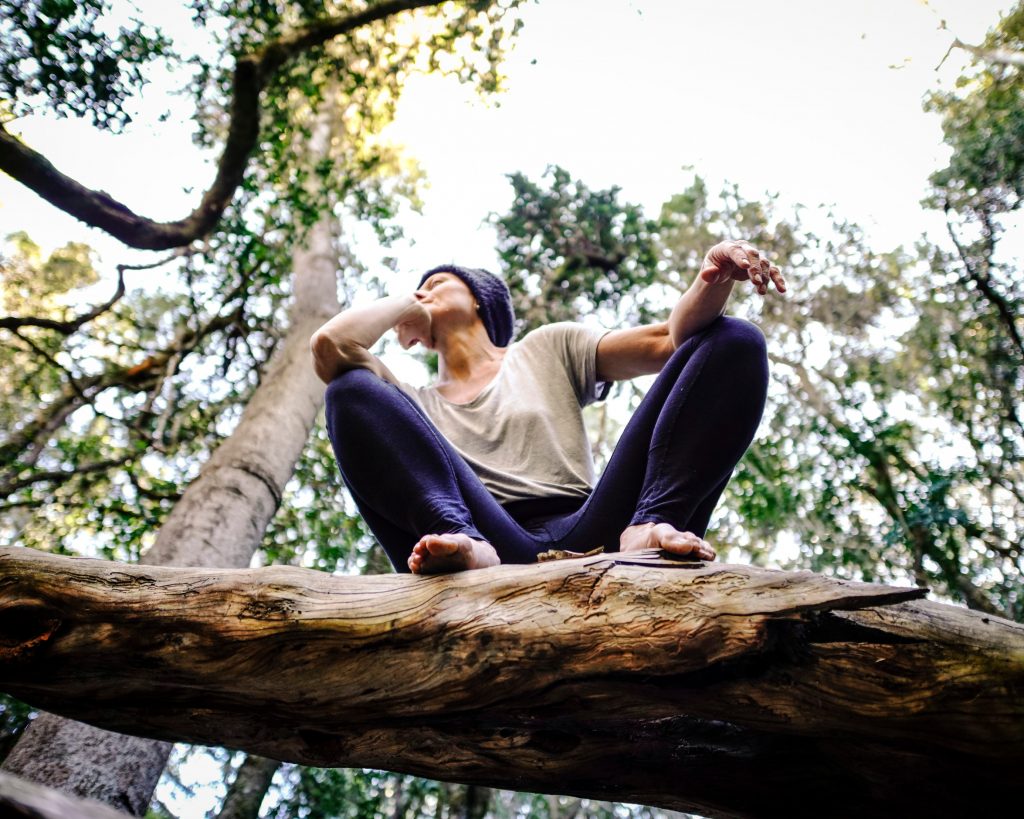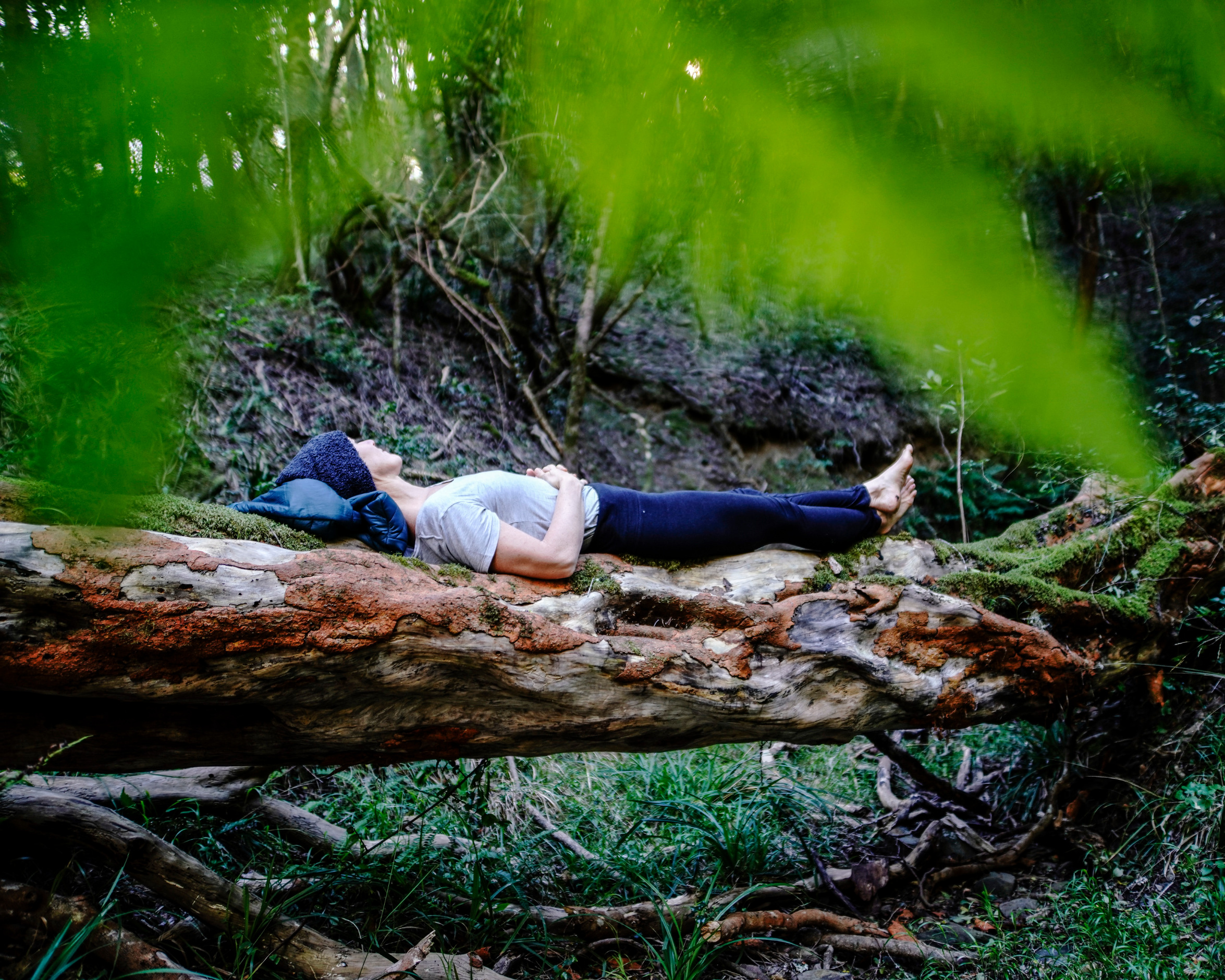The pandemic has changed how humankind views the great outdoors and, for many, reconnecting with nature has become the new pathway to mental, spiritual and physical health. The new adventure is learning how to go into the woods to ‘lose your mind and find your soul’
‘And into the forests I go,to lose my mind and find my soul’ – John Muir Known in the US as ‘Father of the National Parks’, the eco-visionary and mountaineer John Muir was, by some accounts, a curmudgeonly old bugger, but I do so love that quote (mostly because it rings so true). The words resonate with me, partly because I used to rate mountain missions based on the number of kilometres I covered, but not anymore…These days, it is all about how many mind-blowing moments I encounter along the route. I like to think of this as becoming wiser – even though some might say slow and grumpy! – and revel in the closer connection that comes when you heed the call of nature to slow things down.

Recent research shows the average human now spends as much as 90% of their time indoors, with the resultant disconnect from the great outdoors proven to be directly detrimental to both your mental and physical health. Awe-inspiring nature scenery accelerates recovery from post-traumatic stress disorder (PTSD), according to a University of Berkeley study, while Swedish research proves time in nature improves recovery from stress. This is exactly why a weekend away in the mountains or an ocean getaway can be a life-changing experience (especially in these post-COVID-19 times). Natural grandeur is guaranteed as part of any escape into the great outdoors, and this means a multitude of unique ways in which you can reconnect with Mother Earth.
Hike into a high peak and stand entranced within the swirl of a million snowflakes; crank onto the free-flow of a mountain biking trail to spike your endorphins; stand stock-still and drink in close encounters with the wildlife roaming free all over Africa; trail-run amidst amber sandstone outcrops, where San rock art will transport you thousands of years into the past…And at night, surrender to a star-studded firmament right at the centre point of your holding space within the universe, listening as the subliminal sounds of the natural world wash over you, clearing your mind of all the stresses we accumulate as we navigate the stresses of daily life. This is a sure-fire way to reset your circadian rhythm and recharge your soul – all you need do is take time out in nature.

Let’s face it, we’re all trying our best to find balance within what is increasingly become an out-of-kilter world, but not all of us are brave enough to opt for extreme exposure or ice-water immersion. An easy way – even for those in cities – would be the ancient art of ‘Forest Bathing’.The Japanese practice of Shinrin-yoku refers to an age-old relaxation method practised in nature. Forests are generally seen as the preferred arena in which one would indulge, but a quiet park or other green nature space would do. Old-growth fynbos is ideal because the air here is permeated with beneficial phytoncides, an organic antimicrobial compound proven to help calm the mind.
The Hidden Life of Trees – an enchanting book by Peter Wohlleben –offers a superb insight into the science behind forest bathing. As an ex-forester, lay scientist and amateur philosopher, he explores how ancient forests form interdependent communities – just like human settlements – where individual plants communicate via a ‘wood-wide web’ to ensure the well-being of inter-connected organism as a whole. Peter says that ‘forest air is the epitome of healthy air’, and therefore people who want to be active and breathe freely should seek out woodlands or wilderness areas. The air there is considerably
cleaner thanks to the trees and expansive vegetation, because these plants operate like ‘giant, organic air filters’.

Trees do more than just filter materials from the air. They ‘exchange scent-mails’ and in the process exude organic substances to prevent or inhibit a range of bacteria, fungi and insects. These organic chemicals are known as phytoncides, a phrase referring to the process where a species of plant ‘exterminates’ any biological threat to itself. Substances such as these are widely used in a range of natural and traditional medicines in diverse cultures in countries like Ukraine, Korea, China and Japan, with proven efficacy across a range of holistic treatment, aromatherapy, mainstream medicine and veterinary applications. There is no need to book a doctor’s appointment, though, as all you need to do is walk amongst the trees in order to lower your blood pressure, reduce stress and inflammation, and strengthen your immune system.
The beauty is that all of this happens naturally, thanks to the phytoncides, negative ions and beneficial organic compounds you’ll breathe in when you venture into those high and wild spaces. A research article published in the esteemed Journal of Cardiology states that immersing yourself in nature for just a few hours immediately leads to lower blood pressure. There will also be a marked reduction in cortisol (one of our body’s main quantifiable stress markers) in your blood stream, leading to a converse increase in concentration. And this is exactly why you should escape into nature as often as you can, especially in these crazy times we live in.

Words by Jacques Marais
Photography: Jacques Marais





